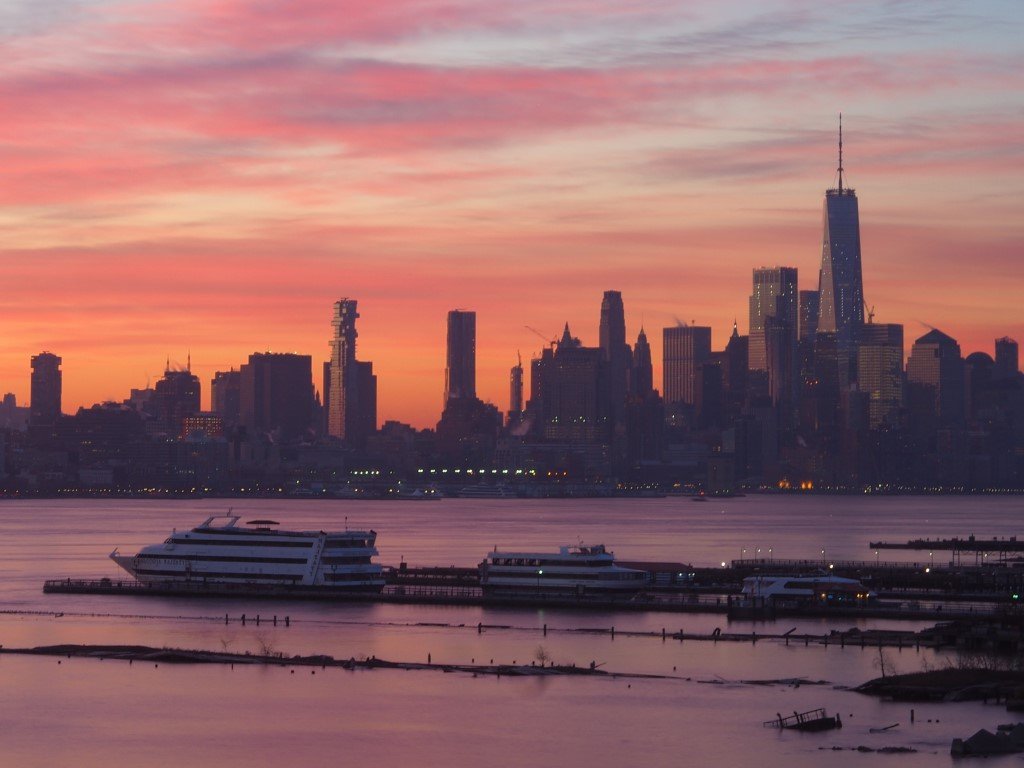The shipping industry is a vital component of global trade, responsible for transporting around 90% of goods traded internationally. Ships can transport a wide variety of goods, including raw materials, finished products, and even people on cruise ships.
The shipping industry can be divided into different sectors, including container shipping, bulk shipping, tanker shipping, and passenger shipping. Container shipping involves the transport of standardized containers, which can be easily moved from one mode of transportation to another, such as from ship to truck or train. Bulk shipping involves the transport of raw materials, such as coal, iron ore, and grains, in large quantities. Tanker shipping involves the transport of liquids, such as oil, gas, and chemicals. Passenger shipping involves the transport of people on cruise ships, ferries, and other types of vessels.
The shipping industry has a significant impact on the global economy, with an estimated value of around $14 trillion in 2019. However, the industry also faces a number of challenges, including environmental concerns, piracy, and safety issues. The industry is also heavily regulated, with international organizations such as the International Maritime Organization (IMO) setting standards for safety, security, and environmental protection. The industry is also subject to various national and international laws and regulations, including customs and immigration laws, trade regulations, and labor laws.
Here are 20 curious facts about the shipping industry:
- Over 90% of global trade is transported by ships.
- The largest container ship in the world is the HMM Algeciras, which can carry up to 24,000 TEUs (twenty-foot equivalent units).
- The Panama Canal handles over 5% of global trade.
- The shipping industry is responsible for around 2.5% of global greenhouse gas emissions.
- The first recorded shipment by sea was in ancient Egypt, around 3200 BC.
- The Titanic was one of the largest ships of its time, measuring 882 feet in length.
- The largest ship ever built was the Seawise Giant, which measured 1,504 feet in length.
- The shipping industry employs over 1.5 million seafarers worldwide.
- The world’s busiest port is the Port of Shanghai, China.
- The world’s largest cruise ship is the Symphony of the Seas, which can carry up to 6,680 passengers.
- In 1917, a German U-boat sank the RMS Lusitania, a British passenger ship, resulting in the loss of over 1,100 lives and helping to draw the United States into World War I.
- The world’s first steamship was the Comet, built in 1812 in Scotland.
- The term “containerization” was first coined in the 1950s to describe the use of standardized containers for shipping cargo.
- The first commercial container ship voyage took place in 1956, between the Port of Newark in the United States and the Port of Houston in Texas.
- The world’s largest shipping company is A.P. Moller-Maersk, based in Denmark.
- The Port of Singapore is one of the world’s busiest and most advanced ports, with automated cranes and self-driving trucks.
- The shipping industry has a long history of piracy, with attacks still occurring in certain parts of the world today.
- In 2013, the cargo ship MV Akademik Shokalskiy became stuck in Antarctic sea ice, leading to a dramatic rescue mission that involved multiple ships and helicopters.
- The first commercial cargo ship powered by liquefied natural gas (LNG) was launched in 2017.
- The shipping industry is a major contributor to the global economy, with a value of around $14 trillion in 2019.
Here are 10 more curious facts about the shipping industry:
- The world’s first recorded lighthouse was built in Alexandria, Egypt in the 3rd century BC.
- The world’s largest naval base is in Norfolk, Virginia, USA.
- The world’s largest dry dock is in Ulsan, South Korea, and can accommodate ships up to 1.4 million deadweight tons.
- The world’s largest shipbuilder is Hyundai Heavy Industries, also based in South Korea.
- The world’s first floating liquefied natural gas (FLNG) vessel was launched in 2016.
- The world’s largest oil tanker is the Seawise Giant, which could carry up to 4.1 million barrels of oil.
- The world’s first double-hulled oil tanker was launched in 1986, following a series of oil spills that highlighted the dangers of single-hulled tankers.
- The world’s first fully-electric cargo ship, the Yara Birkeland, is set to launch in Norway in 2021.
- The world’s first autonomous cargo ship, the MV Yara Birkeland, is also set to launch in 2021.
- The International Maritime Organization (IMO) is the United Nations agency responsible for regulating shipping, including safety, environmental protection, and security.

